
Alex's Grandpa
A teenage girl suffering from a traumatizing injury is tangled in a web of lies trying to manage her studies, her prom night and a boy who might be interested in her.
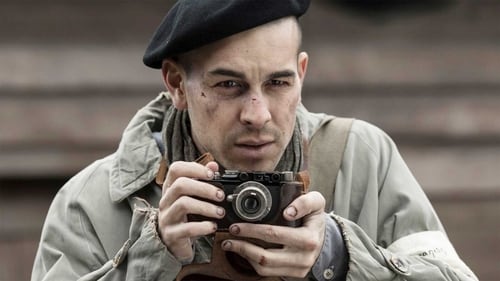
Albert Pointner
As dificuldades do fotógrafo catalão Francesc Boix, preso no campo de concentração de Mauthausen no inverno de 1942, quando ele tinha 22 anos, ao lado de seu pai e 1.500 republicanos espanhóis, foram aprisionados pelo exército alemão durante seu exílio na França depois A Guerra Civil Espanhola.
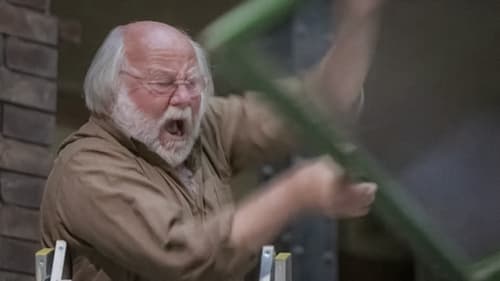
Feri bácsi
9 year old Sára lives in an old block of flats in downtown Budapest. One day a strange new boy, Balázs moves next door, who can’t stand the bizarre noises of the old house. Sára decides to help him out anyway she can.
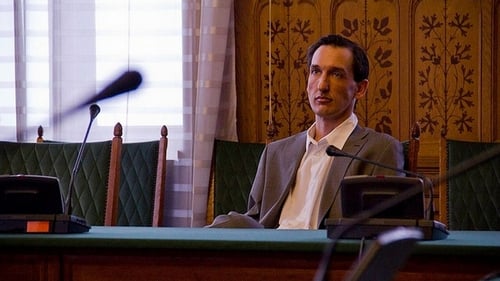
Bacsó
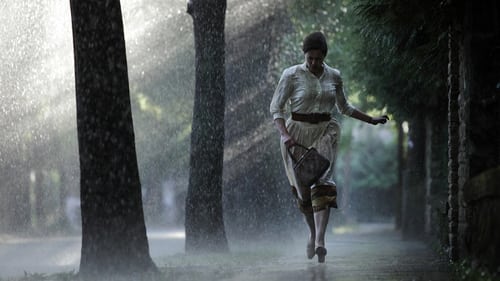
Emerenc's Grandfather
Uma jovem escritora, lutando pelo seu sucesso, contrata uma mulher idosa chamada Emerenc para ser sua empregada. Apenas um drama na vida da escritora faz com que Emerenc revele o seu passado traumático -- um passado que lança luz sobre o seu comportamento peculiar.

Díjbeszedö (as Újlaki Dénes)
From a policewoman broken leg seems completely slip out of the soil. Life-threatening love triangle mixed with her husband and their criminal friends.

Karcsi, a Roma policeman, lives with Eva, a Swede. One day he is called to the scene of the murder of a wealthy trafficker named Schulter. He begins to investigate the crime, interrogate neighbours and suspects, and untangle a complex situation - one that he, himself, complicates even further. For he is a gypsy, who despite being adopted and raised by "regular" Hungarians, has his nose rubbed in his minority status every day. The film, which is based on the novel by Ákos Kertész, is a shrewd genre work full of dusky humour and surreal situations. Tabló follows a vivid succession of strange images that eventually lead to the emergence of the central story about a charismatic police officer on a tireless quest for the truth, though he must fight against virtually everyone and is just as fallible as the next person. Tabló makes a statement on the issue of race and racism - or, indeed, relations between any minority and majority.

Számrazkezű

György Fehèr’s aim was to “make a film which is similar to the last salvaged print of a long lost film”. The passions he investigates are centred on primeval fears and cravings and a sense of inescapable doom. Shot in powerful black and white with excellent central performances.
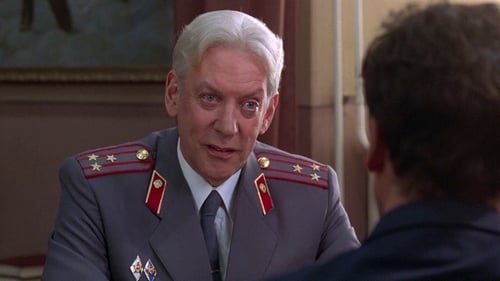
Farmer
Baseado na história real de um serial killer russo que, que ao longo dos anos, alegou ter matado mais de 50 pessoas. Suas vítimas eram na maioria menores de 17 anos. No que era então um estado comunista, as investigações policiais foram dificultadas pela burocracia, incompetência e pessoas no poder. A história é contada do ponto de vista do detetive responsável pelo caso.
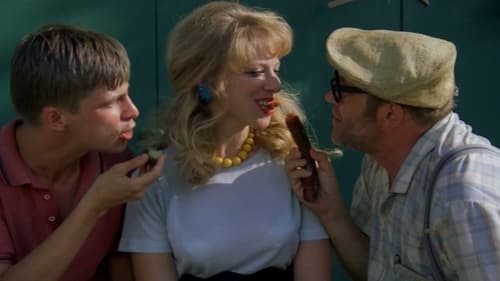
Sánta Lajos
This story has a horse-race fan main character who sells clothes-hangers On one trip, a young, teenager boy relative goes with him. They have a lot of adventures as they become friends. Girls, dance and horse-racing are the themes while they sell the clothes-hangers this summer...

Imre Horváth and his friends gather to celebrate his wife's birthday. They are confused because of the changes in the country's politics and want Horváth to be much more active politically, but he is more concerned about his affair with his best friend's daughter.

1958. In the cell of the condemned, seven men await the signs of an approaching execution. All of them recall their pasts and envision their wish-dreams.

Paszomány kapitány
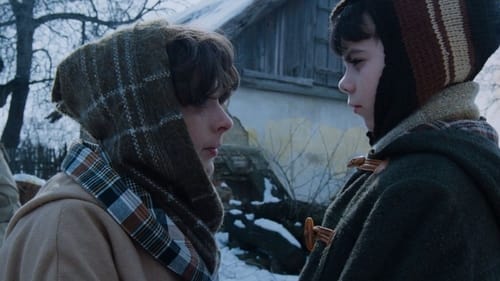
The story of 10-year-old boy and his family against the backdrop of the bloody events of 1956, in Budapest. Children do not yet understand what is going on, but they're happy because the schools are closed. But gradually, to adults and children comes the understanding that something terrible is happening. Disappearing relatives, friends, and even killed some. Tips sent an army to put down the counterrevolutionary rebellion.

Hungarian family film.

Törzs
It is a tragedy, set among low-lifes on the outskirts of Budapest. Dramatic Exchange describes it as "Widely considered to be the most important Hungarian play of the last 20 years". The odd title of the play refers in the first instance to the chicken heads that an old woman feeds to her cat. However, it can also be taken to refer more broadly to the obtuse behaviour of the main characters in the play. The play is an odd mixture of pathos and nihilism, written against the bleak background of Stalinist totalitarianism from which Hungary was emerging. As with much modern drama, there is no hero in the play. The only noble behaviour that one can find belongs to one of the characters in the past, when he was a child, but he is no longer as he was. The hint that what once existed might be achieved again is the only faint ray of hope in a very bleak view of the human condition.

Gergő - lovasoktató
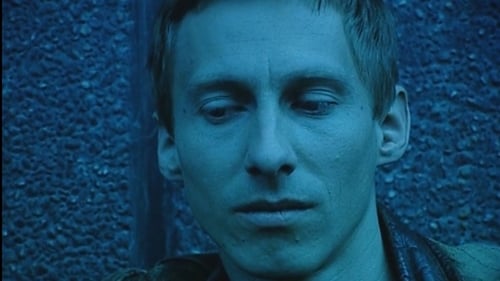
Gyula
Tal como Light Physical Injuries, O Fura-paredes explora o machismo compensatório da classe dirigente oficial da Hungria. Filme mais badalado e problemático de Szomjas, conta a triste história de um proletário descontente abrigado num conjunto habitacional monstruosamente deprimente que -ainda menos eficaz do que os heróis da Calvo-Dog Rock- tentam mudar a sua vida. A compra de um berbequim atirandopara trás das costas como o anti-herói de um western spaghetti, ele torna-se empresário, abrindo furos nas paredes de seus vizinhos para que eles possam pendurar espelhos ou quadros. A metáfora é utilizada com o máximo de insinuação aduladora, especialmente quando o perfurador se imiscui com o cabecilha de uma rede de prostituição local, composta principalmente por mulheres em licença de maternidade.

Gyámügyi elõadó
The unskilled, jack-of-all-trades András and his wife, Éva are put in jail for serial work-place thefts, -committed in order to try to ensure a normal living standard for his family - and for aggravated assault committed for self-defence, respectively. Their two small children are put in state care, then given to foster parents. András, still in prison, commits everything to help the released Éva get hold of an apartment and get their children back so that when he will have served his term the family could be together again.

Worker
Insulted when his screenwriter wife writes a leading role for a younger man, aging Broadway idol Fitz Wynn disguises himself as a handsome young Italian.

Dudi
As a last chance in his career, the young acrobat with a broken leg, Sajek Oszkár, attempts to obtain the wonderful secret from the retired old artist, Uncle Binder Lipi, a secret which was a world hit.
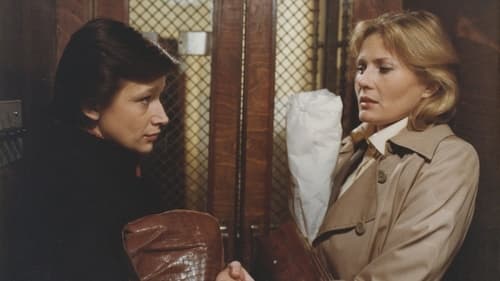
Téeszelnök
Political and sexual repression in Hungary, just after the revolution of 1956. In 1958, the body of Eva Szalanczky, a political journalist, is discovered near the border. Her friend Livia is in hospital with a broken neck; Livia's husband, Donci, is under arrest. In a flashback to the year before, we see what leads up to the tragedy. Eva gets a job as a writer. She meets Livia and is attracted to her. Livia feels much the same, but as a married woman, has doubts and hesitations. In their work, they (and Eva in particular) bang up against the limits of telling political truths; in private, they confront the limits of living out sexual and emotional truth.
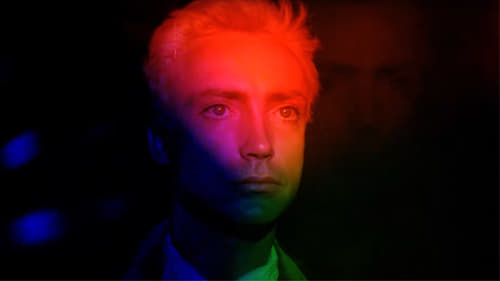
Kosztolányi
Narcisus and Psyche is based on a novel by Sandor Weores which was adapted by Vilmos Csaplar and director Gabor Body for a feature-length film. Borrowing the character of Psyche from mythology and placing her in Europe in the 19th century, the authors give her a "modern" life. She is an attractive young woman - and remains so throughout the film, in spite of one hardship after another. Psyche is libidinous, and her prurient interests shock her staid contemporaries.
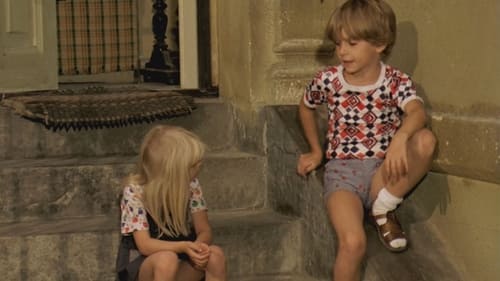
Oszkár
Misu is spending his summer holiday in an old block of flats in Budapest. The caretaker of the house, Poldi, a park attendant by occupation, is going to retire in a few days and he is afraid to think ahead of the years to come without grass and trees. An idea comes to Misu to spend the summer in an active way. He organises a working party to sod the inner court of the block of flats they live in. To achieve his plan, he has to make alliances with some people and to win the opponent to the idea, namely Kamilla, an insurance consultant. Their assistants in this mission will be the dustman and the coal deliverer and Piroska, a girl spending her holyday at Kamilla's.
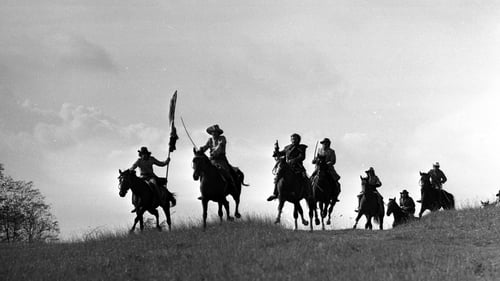
The film depicts the lives of veterans of the 1848 Hungarian Revolution in the American Civil War, based in part on an Ambrose Bierce story. The whole film was re-edited using his own method called "light editing" in order to make it resemble a damaged silent film from the late 1800s.



















